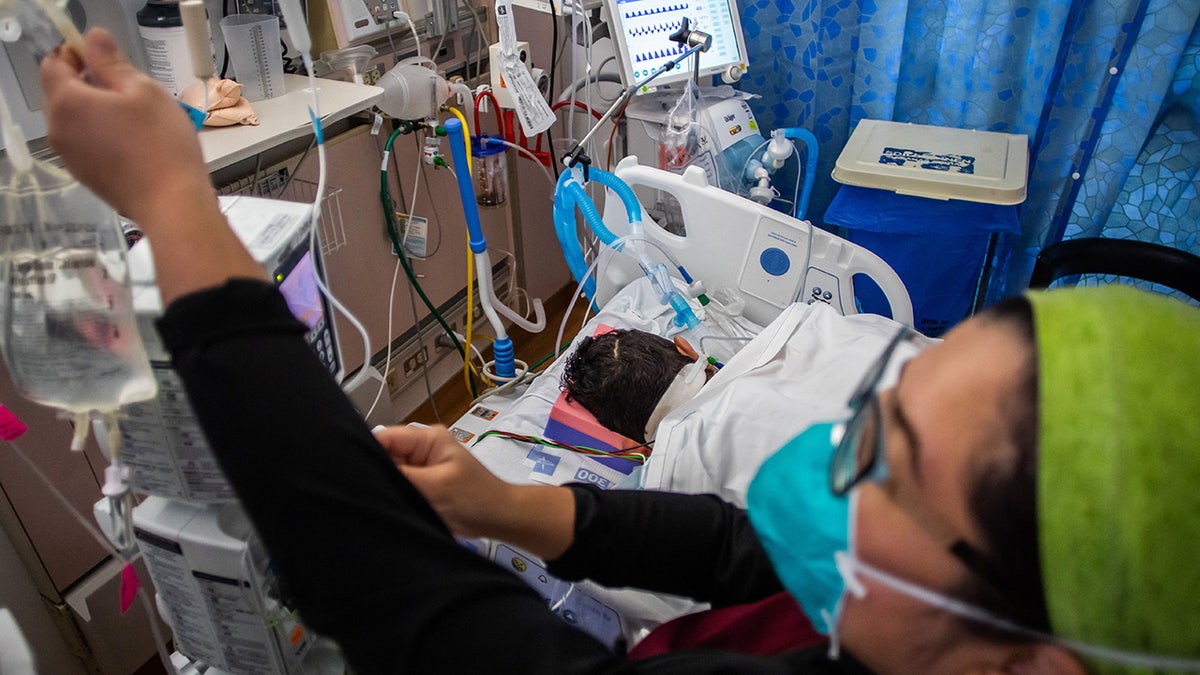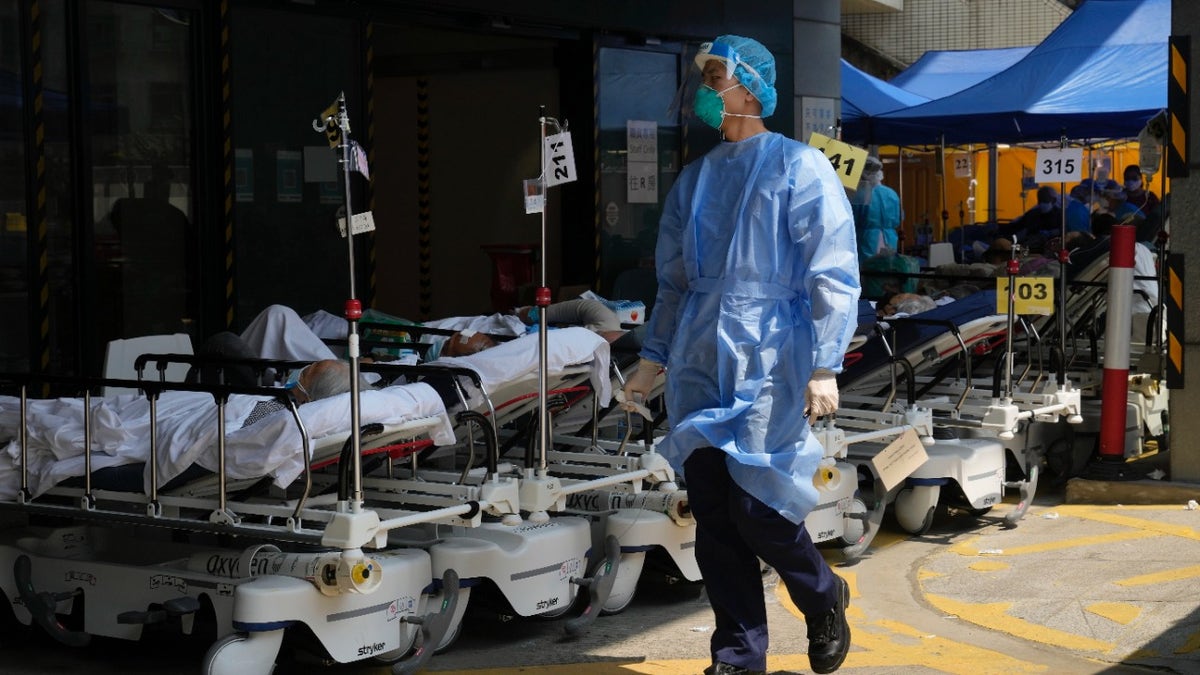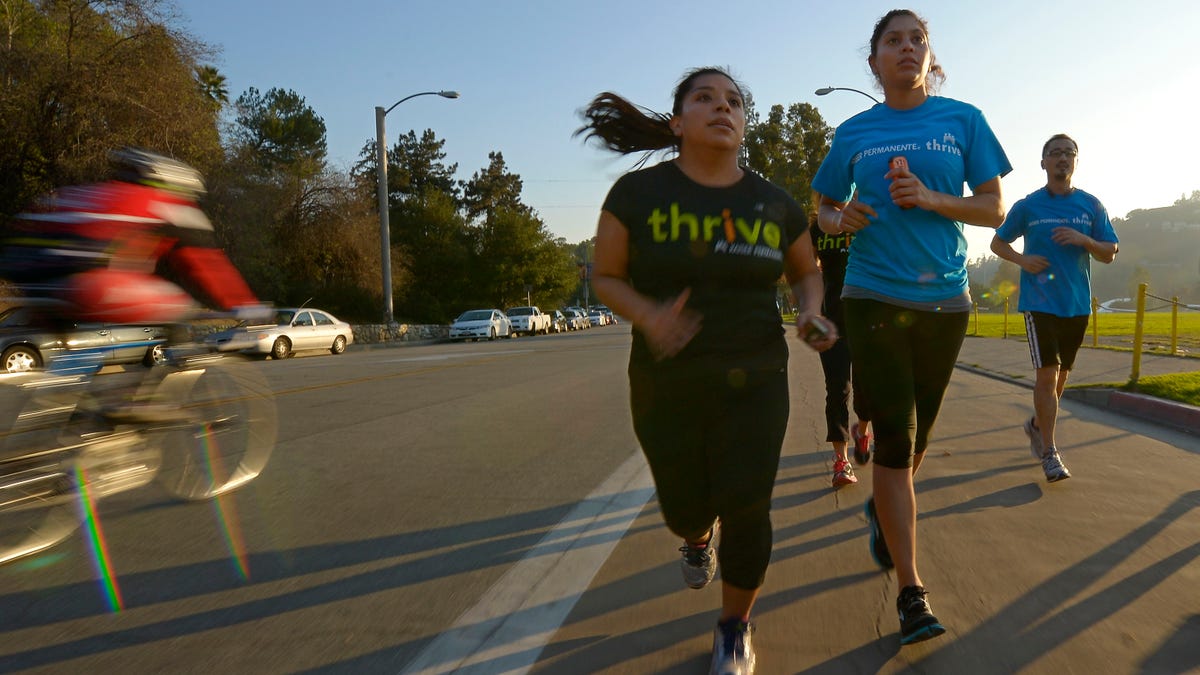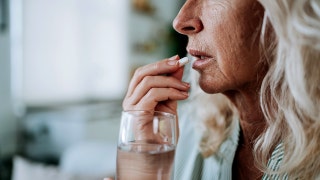Loss of taste and smell from COVID could be linked to genetics, study shows
Dr. Marc Siegel investigates the mystery of parosmia and who may be at risk.
People infected with COVID-19 are at risk of having a cardiovascular disease-related incident 30 days after having been infected by the virus, researchers showed in a recent report in the journal Nature Medicine.
The report found those with COVID-19 are potentially susceptible to developing 20 different heart and vascular diseases including among others: heart failure, pericarditis, myocarditis, stroke, cerebrovascular disorders, and dysrhythmias. Even individuals who were not hospitalized with the infection were found to have developed more cardiovascular disease than those who were never infected, the study said.
"There were 20 cardiac disorders that were diagnosed for those patients that are suffering from long haul COVID. The most common is the shortness of breath and fatigue," Dr. Evelina Grayver, MD, the Director of women’s heart health program at Northwell Health in NY told Fox News. "The new arrhythmias, or the abnormal heart rhythms that people experience, are significant as well and can become incredibly handicapping for a lot of patients," Grayver who did not participate in the study, but commented to Fox News.

A 45-year-old intubated Covid-19 patient who got his first vaccine two days before he got sick, lies on a bed. ( APU GOMES/AFP via Getty Images)
The researchers analyzed health records of more than 11 million U.S veterans and found veterans who had COVID-19 one year earlier, had a significantly increased risk for 20 different heart and vessel conditions, compared with those who did not.
"In regards to long-haul COVID and cardio symptoms it has been an array of anything from significant shortness of breath to palpitations to simply an inability to complete a workout," Grayver told Fox News.
Dr. Grayver told Fox News, that many patients who suffer cardiovascular effects of long COVID-19 like myocarditis are afraid to exercise but said exercise can play an important role in recovery, including her own after contracting COVID-19.
"Unfortunately, because I suffered from the same diagnosis for a while, I understand it too well. If the heart function has completely recovered, it is a matter of trying to push yourself a little bit at a time every single day. People with history of myocarditis and with the fear of exercise should take part in a cardiac rehab program," Grayver said in the interview.
The cardiologist told Fox that many centers have opened up to enable people, who are recovering from COVID-19, to exercise in a controlled environment.
"When patients are able to start their exercise regimen in a controlled environment, where they are being closely monitored in regards to their EKG, blood pressure and heart rate, they feel a lot more comfortable and safer to continue with their exercise outside of the cardiac rehab centers," Grayver told Fox News.

Patients in hospital beds wait in a temporary holding area. (AP Photo/Kin Cheung)
Grayver explained in some cases when an individual is infected with COVID, a significant physiologic change could occur in muscle and cardio conditioning.
The doctor explained, "If you take a healthy person and you put them into bed for 24 hours, immediately their muscles will begin to atrophy. Same thing happens during the time of Covid."
Grayver further explained that exercise can address this deconditioning.
"Especially when you target certain type of exercise that deals with high intensity interval training. That not only changes your heart to manage from going up and down, it helps to regenerate some of that muscle they could’ve atrophied during the time of their illness."
Health experts told Fox News it is important for patients recovering from COVID to get clearance to begin an exercise program.
The cardiologist explained "I approach these patients as if they’ve recently had a cardiac procedure. Meaning, I sent them for a baseline exercise stress test to assess their basic functional status. Based upon the results of that exercise stress test, i then refer them to cardiac rehab."
Grayver added, "That usually helps them significantly. Once they complete the program, they feel physically, mentally and emotionally stronger to continue with their own independent exercise regimen"
For patients with underlying lung pathology issues Grayver suggested individuals keep a close eye on the pulse oximetry.
"If patients are suffering from significant cardiac deconditioning and possible arrhythmias, heart rate monitoring will definitely help. And in order to set the guidelines in reference to how high or low anybody’s heart rate should go, getting that baseline exercise stress test would be important."
Grayver shared how exercise helped her recover from COVID.
"There were many moments of significant frustration because I truly felt uncomfortable in my own skin. But every day I pushed myself a little bit longer, I lifted a little bit heavier, I ran at a steeper incline. Those small little changes continue to push me both mentally and physically. Putting it back into my hands, getting that power back into my body, it started to help me."

Zendi Solano, center, trains with running club members Rian Barrett. (AP)
The cardiologist said besides exercise, staying hydrated and nutritional supplementation to decrease inflammatory response in the body could all help in recovery from long hauler symptoms.
CLICK HERE TO GET THE FOX NEWS APP
Grayver added this advice to long haulers, "Exhaustion is actually part of a very vicious wheel that only we have the power of breaking. Meaning the less you move the more tired you become and the less you want to move. Since we are the only ones that have the power to potentially break it, we have to."









































